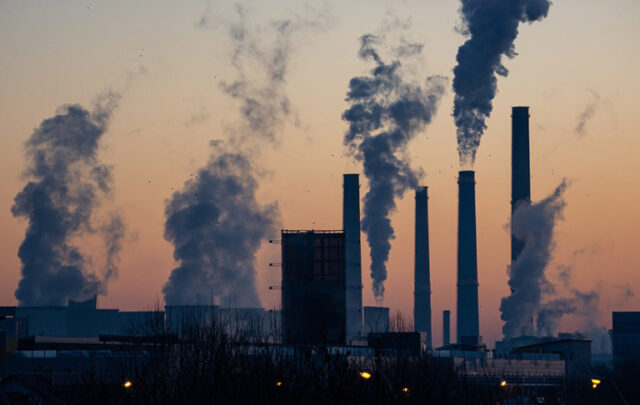Click on the headline (link) for the full text.
Many more articles are available through the Energy Bulletin homepage
High oil prices prompt a scramble for Africa
Daniel Flynn, Reuters Africa
High oil prices and the onslaught of resource nationalism from Russia to South America have sent Western majors delving ever deeper into the waters of the Gulf of Guinea, triggering a new scramble for Africa.
Unlike more established oil-producing regions, the Gulf of Guinea offers easy access and attractive terms for Western oil companies, like Royal Dutch Shell and Exxon Mobil Corp , desperate to replenish their flagging reserves.
A number of West African countries, from established producers Nigeria and Angola to newcomers like Liberia, will tender acreage this year. But, with Asian giants China and India jockeying for resources, a battle is under way.
(25 January 2008)
An Oil-Powered Russia
William Pentland, Forbes
Forbes.com: In the book, you describe how a handful of policy advisers convinced the Clinton administration to put its weight behind a planned oil pipeline stretching more than 1,000 miles from Azerbaijan to the Mediterranean port of Ceyhan in Turkey. Now that the pipeline exists, why is it so important?
Steve Levine: The most important fact in Russia’s re-emergence on the world stage is energy, and its most important instrument in parlaying that into actual power–and projecting it abroad–is control of the flow of that oil and natural gas from the former Soviet Union to places abroad. This pipeline–the Baku-Ceyhan pipeline, with its million barrels of daily exports–is the first significant break in Russia’s previous monopoly control over all oil and natural gas from the Caspian Sea states.
…Forbes: In September, James Schlesinger, former director of the Central Intelligence Agency, said in an interview with the BBC that by 2020, “we are going to have peaked out in terms of conventional oil production.” If net oil production begins to decline in coming years, how will it affect the strategic stakes of Caspian oil? Is it plausible that Russia, China or America would risk armed conflict to secure their interests in such circumstances?
Steve Levine: That would be perilous indeed to attempt to project an analysis forward by a dozen years. Is it plausible? Certainly. Why not? Whether it is probable, however, is simply not possible to know. One important factor to look at is the survival instincts of the major oil companies. As state-owned oil companies in Russia, China, Iran, Venezuela and elsewhere start to occupy the heights in the industry, the oil majors’ very existence as we know them will be threatened. By 2020 and beyond, one or more of the companies may have invented some revolutionary method of facilitating locomotion that both guarantees their survival, and renders the question you raise–will countries go to war over energy resources?–moot.
…Forbes: If the conflict in Iraq stabilizes and its oil production is restored to pre-War levels, would it diminish Russia’s influence? Who might benefit in such a scenario?
Steve Levine: No, it won’t. The demand for oil is growing around the world. The world needs Iraqi oil, and it needs Russian oil. In addition, Russian influence is not a static thing–it is not passively projected from the fact of oil possession. Rather, Russia has the pursuit of great power influence in its DNA, and that will not diminish simply because new oil arrives on the market.
(24 January 2008)
Steve Levine is a contributor to Energy Bulletin.
Elites Love to Pig Out on Energy
Linda McQuaig, Toronto Star
“We use 30 per cent of all the energy … That isn’t bad; that is good. That means we are the richest, strongest people in the world and that we have the highest standard of living in the world. That is why we need so much energy, and may it always be that way.”
-U.S. president Richard Nixon, November 1973.
Things have changed since Nixon proudly proclaimed America the world’s biggest energy guzzler. Or have they?
Since then, the world has woken up to the stark reality of climate change and the role played by human energy consumption.
But this has had surprisingly little impact. Today, George W. Bush – and Stephen Harper – pay lip service to energy conservation, while doing little to actually reduce U.S. and Canadian energy consumption, which remain among the highest per capita in the world.
This is often chalked up to government reluctance to force unpopular changes on the public. We’re told that while Canadians are concerned about global warming, they’ll balk at paying carbon taxes, as advocated earlier this month by the National Round Table on the Environment and the Economy.
This sounds plausible, but is it really the case?
(24 January 2008)
Also at Common Dreams.





